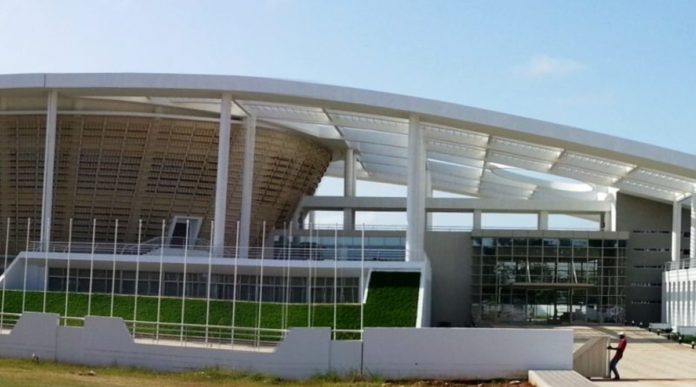By Awa B. Bah
Deputies at the National Assembly on Thursday March 2019, engaged the new Minister of Agriculture at the National Assembly Chambers in Banjul, on the revised rice cultivation and production at Sapu, under her Ministry’s preview.
The Minister in her response said Sapu Agric. Station is a hub for research, and it is where the National Agricultural Research Institute NARI, the department of agricultural extension and the National Seed Secretariat (NSS) are hosted; that for rice research purposes, a total of 20 hectares of swamp rice is dedicated to NARI research and the seeds secretariat for activities such as rice breeding, adaptive research, varietal maintenance, foundation and certified seed production, for the past forty years.
The Minister said the Chinese Government is a partner in this area and that experts from China are expected early in April this year, for fortified rice production and productivity; that the rice value chain development project of her Ministry, aims to increase the production of rice on a private sector led approach; that they will be working with Government officials and local farmers to provide technical support in rice cultivation.
The Minister of Agriculture said presently, ten hectares out of twenty, is under routine cultivation for research and rice production, whilst the remaining ten hectares is out of production for the past years, due to severe damage of the thirty year old irrigation canal. The new Minister said actions taken by her Ministry include the continued engagement of FAO Gambia’s country office in rehabilitating damaged irrigation canal(s) from its project funds on agriculture for economic development and growth; that the Ministry is in close collaboration with the Chinese Government and will conduct demonstration trials on high yielding rice varieties in an area of about five or ten hectares in swamp rice growing areas, for onward multiplication at farmer levels.
The rice value chain development project she said, has been signed and will be based in Sapu; that this project is co-funded by the Africa Development Bank (ADB), Islamic Development Bank (IDB), and the OPEC fund, and will rehabilitate and develop 3,000 Ha of rice.
On her Ministry’s plans in providing ploughing for rice growing communities for the coming 2019 rainy season, the Minister said in Janjanbureh in particular, the Nema/CHOSSO project under her Ministry, is currently providing free ploughing services of 500 hectares to farmers the Jahally Pacharr. This she said is aimed to facilitate the 2019 dry season rice production, as was done during the 2018 dry season rice production; that it is a procedure for the Nema project that all newly developed areas be supported with free ploughing services in order to give a good start to farmers during their first year of crop production; that the Ministry is aware of the risks in rice production as it is included in the attainment of the National Development Plan (NDP). Farmers the Minister said, will be timely advised on any risk that may affect their production and productivity through extension service and research officers.
The Minister further said that the Ministry of Agriculture is working on proposals regarding the formulation of a National Agricultural Mechanization Policy for the country; that they will support all mechanization programs for the sector, especially ploughing services.
On the assessment of the 2018-2019 rainy season concerning agricultural production, and a buffer to mitigate shortcomings, the Minister said the NSS will facilitate access to good quality seeds to vulnerable rural farmers for 2019 cropping season under its activities; that NSS has completed developing a proposal to embark on a dry season certified rice seed production using rice seed producer groups in the tidal irrigated perimeters of Jahally Pacharr, in CRR south and Niani Sukuta in CRR north; that FAO’s Gambia office will purchase 100 tons out of the anticipated 400 tons from this activity.
Government she said has received 2,700 metric tons from the People’s Republic of China, which will be distributed to vulnerable farmers and households to help mitigate the short comings of the last rainy season.




















